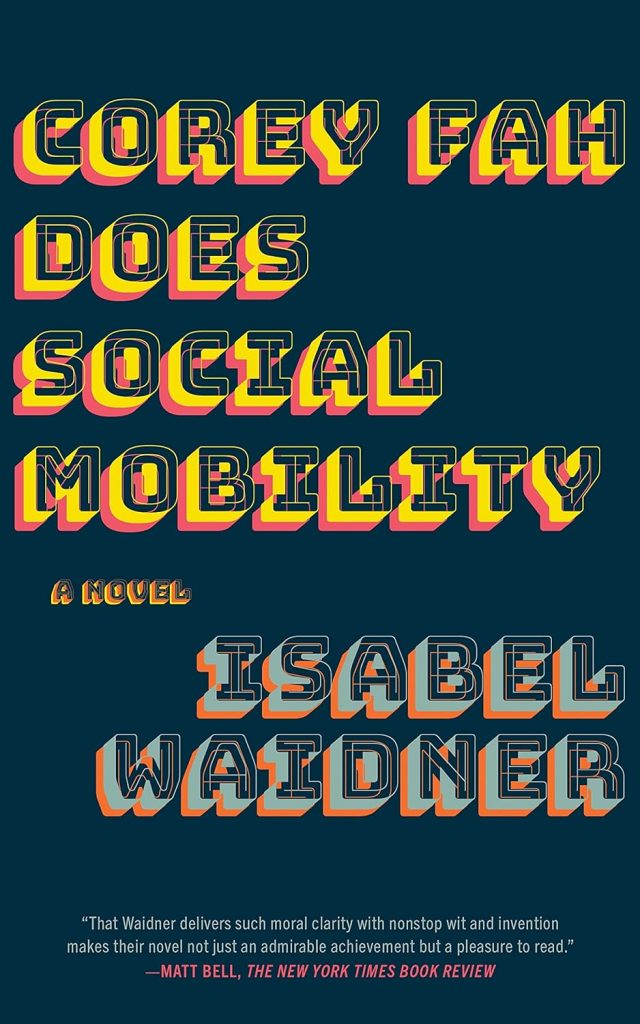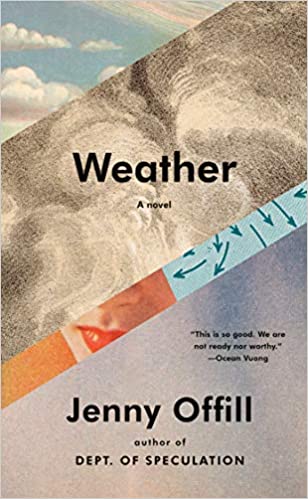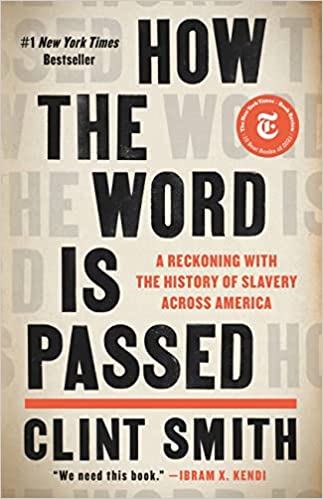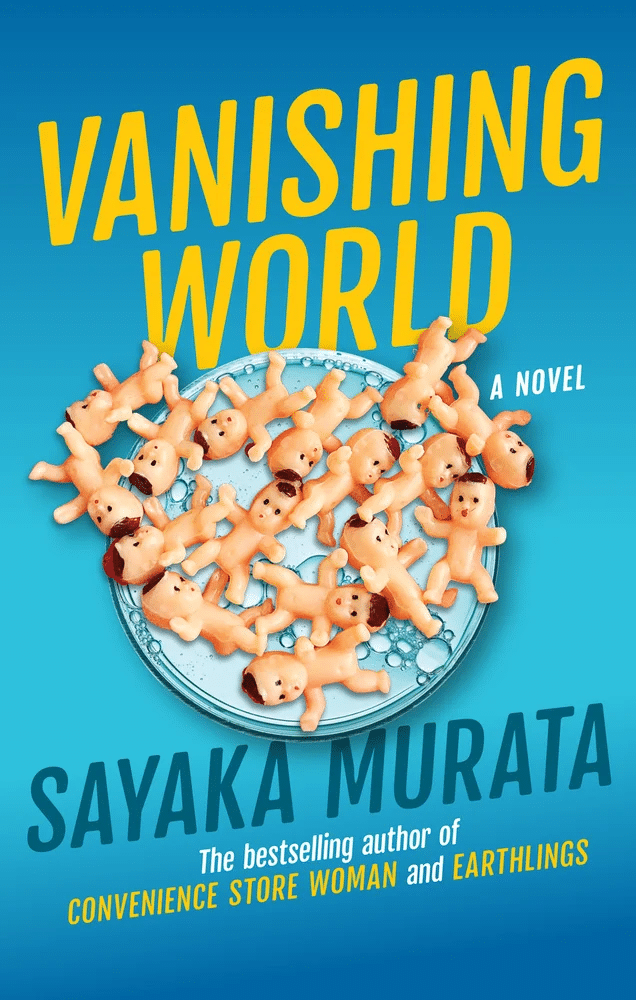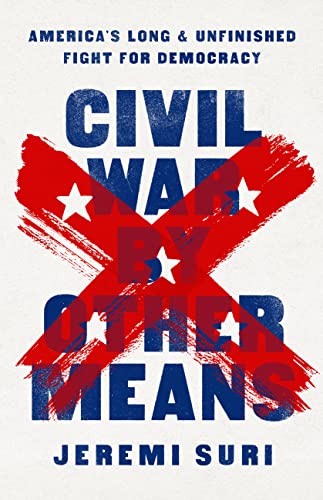
Hotter Than Florida?
My Legs Felt Like Rubber Bands Stretched to the Breaking Point
Estimated reading time: 2 minutes, 29 secondsAs I walked around Nomahgan Park, the oppressive humidity weighed down on me, causing my legs to grow heavy and tired. A woman breezed past me, and although I tried to offer a cheerful greeting and words of encouragement, she could only muster a remark about the intense heat, likening it to a sweltering day in Florida. At that moment, we shared a common experience, nodding in agreement about the unbearable stickiness of the air despite the temperature being in the upper seventies. It was a shared struggle that connected us, even if just for a brief moment.
As I strolled a brief distance, I came across another walker who echoed the exact words of the previous passerby, grumbling, “It’s hotter than Florida.” Hearing the exact phrase for the second time in less than five minutes, I summoned the last energy to ensure I completed my 1,152nd walk. After walking four and a quarter miles, I left the park, acknowledging that my most significant accomplishment for the day would be finishing my walk without exceeding six miles.
As I ascend the stairs to the third floor, the sweat has soaked through my t-shirt and pants, clinging to my skin like a second layer. I usually shed wet clothes on rainy days inside my apartment, but today’s high humidity has drenched me even more. I briefly considered removing my clothes in the hallway but quickly dismissed the idea, not wanting to startle my neighbors. As I step inside and close the door behind me, I waste no time peeling off the clinging, damp fabric.
After enjoying a satisfying breakfast and a leisurely shower, I start my day by postponing the laundry and rearranging my schedule to make time for a shopping trip. The weather app predicts thunderstorms followed by rainfall, a welcome relief that should help ease the oppressive humidity. The anticipation of this relief brings a sense of hope, even though my plans may need to be adjusted. Even though I planned to return indoors by noon, my return from Shoprite got delayed, so I had to reschedule the trip for 2 p.m. After unpacking, I went to Trader Joe’s and Dreyer Farm to avoid driving in the heavy downpours.
I make myself comfortable in my cozy parlor, eager to immerse myself in reading Kala. As I glance out the window, I can’t help but notice the ominous, dark clouds gathering on the horizon to the northwest. They were so dark and low-lying that they could have been a Star Wars Death Ray. As time passes, the impending storm unleashes its fury in the early evening, bringing powerful winds and a looming threat of flash floods. The strange and unsettling weather is a stark reminder of the uncertain climate our grandchildren may inherit. It’s a call to action, urging us to take meaningful and timely steps to mitigate these threats. It’s a reminder that we have the power to make a difference, and we must act now.




